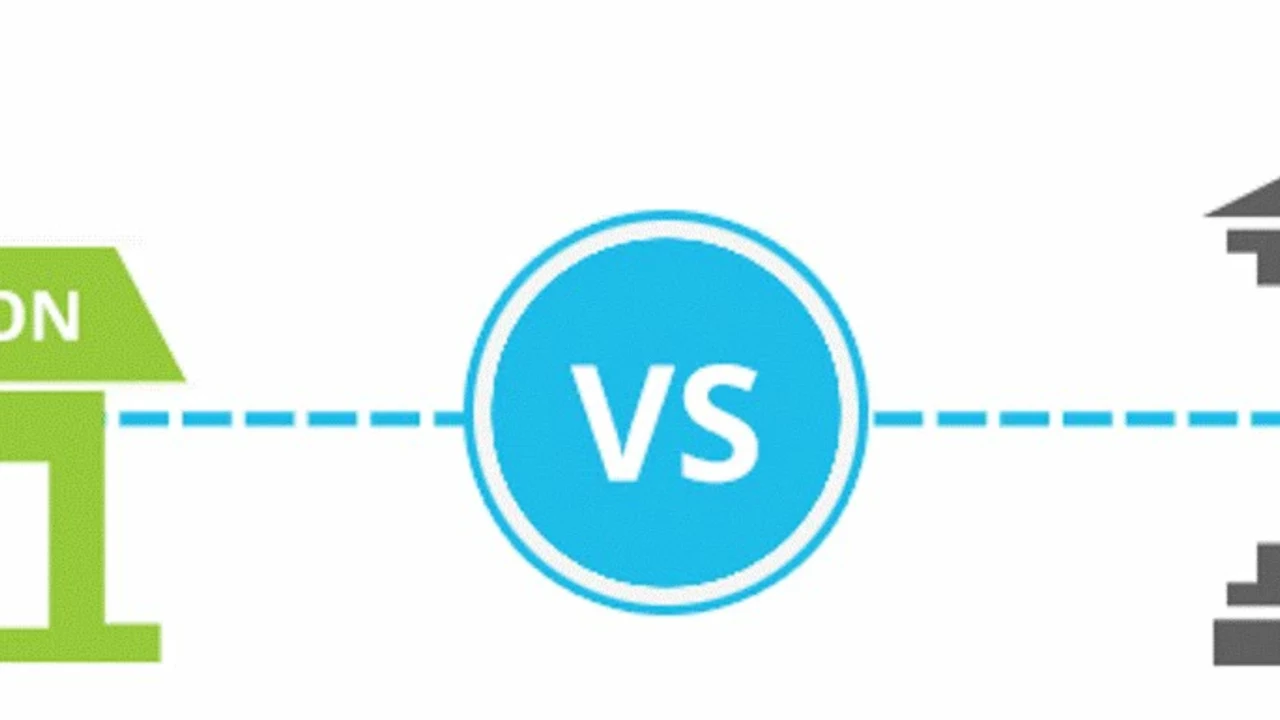Finance & Banking – Quick Guides and Exam Updates
Welcome to the Finance & Banking hub on Instant Exam Results. Here you’ll find straight‑forward answers to everyday money questions and the latest exam news that can affect your finances. No jargon, just clear, useful info you can act on right away.
What’s the biggest headache for students and professionals alike? Not knowing how a new exam result might change a loan, a scholarship, or a job offer. That’s why we bring together finance tips and exam updates in one place – so you never have to guess.
Credit Unions and Loan Sales
Ever wondered if credit unions can sell the loans they issue, just like big banks? The short answer is yes – they have the right to sell loans to other institutions. The goal is usually to free up capital so they can lend more to members.
But there’s a twist. Credit unions are member‑owned, which means they prioritize member needs over profit. Because of that, they often prefer to keep loans on their books. Selling a loan becomes an option only when it helps the credit union stay stable or grow its services.
Think of it like this: if a credit union has too many small loans and not enough cash to approve a new home mortgage, it might sell a portion of those small loans. The money it gets back can be used for larger, more impactful loans for members. It’s a balancing act between staying liquid and staying true to the member‑first philosophy.
For members, the main thing to watch is the terms of the loan after it’s sold. Often, the new owner will honor the original agreement, but it’s wise to read any communication carefully. If anything feels off, contact the credit union’s member services – they’re required to keep you in the loop.
How Exam Results Impact Your Financial Planning
Exam results aren’t just grades; they can shape your financial future. A high score may unlock scholarships, grants, or eligibility for tuition‑based loans with lower interest rates. Conversely, a lower score could mean you need to explore alternative funding.
Here’s a quick checklist to use right after you see your results:
- Update your scholarship applications – many have rolling deadlines.
- Talk to your bank or credit union about loan options that match your new academic status.
- Review any pending loan offers; a better score might qualify you for a lower rate.
- Adjust your budget – extra funding means you can allocate money toward books, housing, or savings.
Staying on top of these steps saves you time and money. It also reduces the stress of scrambling for funds later in the semester.
We also cover real‑world examples, like how a student used a scholarship win to refinance a personal loan, slashing monthly payments by 15%. Stories like that help you see the direct link between exam performance and financial choices.
Remember, finance isn’t a one‑size‑fits‑all. Your situation may differ, but the principle stays the same: use every piece of information – exam scores, loan terms, credit union policies – to make smarter decisions.
Got a specific question about credit unions, loan selling, or how your latest exam result could affect your finances? Drop a comment or start a discussion in our community. We’re here to turn confusing details into clear actions, so you can focus on studying, working, and living your best life.

Do credit unions sell loans as banks sometimes do?
In my exploration of financial systems, I've discovered that credit unions, much like banks, do have the capacity to sell loans. This practice involves selling the loans to other institutions, often as a way to free up capital. However, it's important to note that credit unions operate based on their members' best interests, so they generally lean towards holding onto loans rather than selling them. But, just like banks, they have the right to sell loans if necessary or if it's beneficial for their stability and growth. So, while it isn't a common practice, it isn't unheard of in the world of credit unions.
Read More